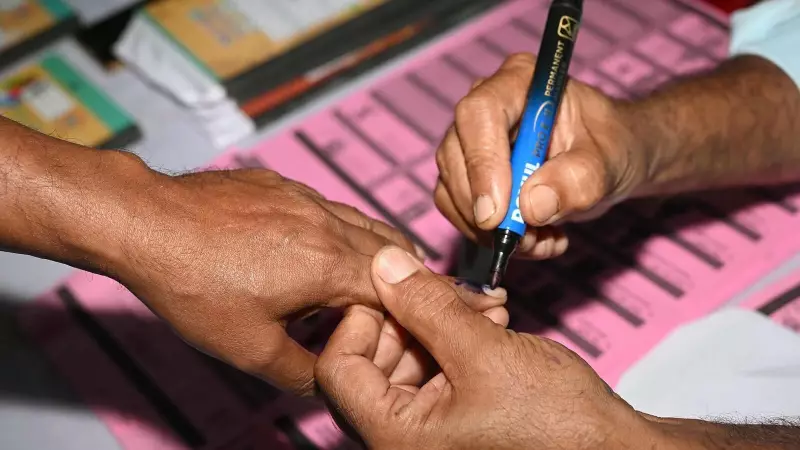
The political battleground of Bihar is witnessing a dramatic transformation as the Bharatiya Janata Party consolidates its position while criminal allegations continue to cast long shadows over numerous candidates. This evolving scenario presents both opportunities and challenges for India's crucial heartland state.
The Changing Power Equations
Recent political developments indicate a significant shift in Bihar's traditional power structure. The BJP has been steadily expanding its organizational footprint across the state, methodically building grassroots support that could potentially alter the established political order.
This growing prominence comes at a time when regional parties are grappling with internal challenges and strategic realignments. The BJP's systematic approach to expanding its base in rural and urban constituencies alike marks a departure from previous electoral strategies.
The Criminal Case Conundrum
Despite the changing political dynamics, one persistent issue continues to haunt Bihar's electoral landscape: the deep penetration of criminal cases among political candidates. Analysis of affidavits reveals a troubling pattern where a substantial number of contenders face serious legal charges.
These criminal allegations range from financial irregularities to more severe offenses, creating a complex web of legal and ethical challenges for the electoral process. The persistence of this trend raises important questions about governance and accountability in the state's political system.
Strategic Implications
The convergence of BJP's growing influence and the criminal case factor creates a unique political scenario:
- Organizational Strength: BJP's systematic party building versus traditional caste-based politics
- Governance Narrative: Development agenda competing with identity politics
- Voter Sentiment: Changing public perception about leadership and accountability
- Alliance Dynamics: Shifting partnerships and political calculations
The Road Ahead
As Bihar moves toward crucial electoral battles, several factors will determine the final outcome. The BJP's ability to translate organizational strength into electoral gains, combined with how voters respond to the criminal case issue, will shape the state's political future.
The emerging dynamics suggest that traditional political calculations may no longer hold, with development agenda and governance issues gaining prominence alongside conventional caste and community considerations.
What remains clear is that Bihar stands at a political crossroads, with the upcoming elections likely to redefine power equations and set new precedents for democratic participation in one of India's most politically significant states.






